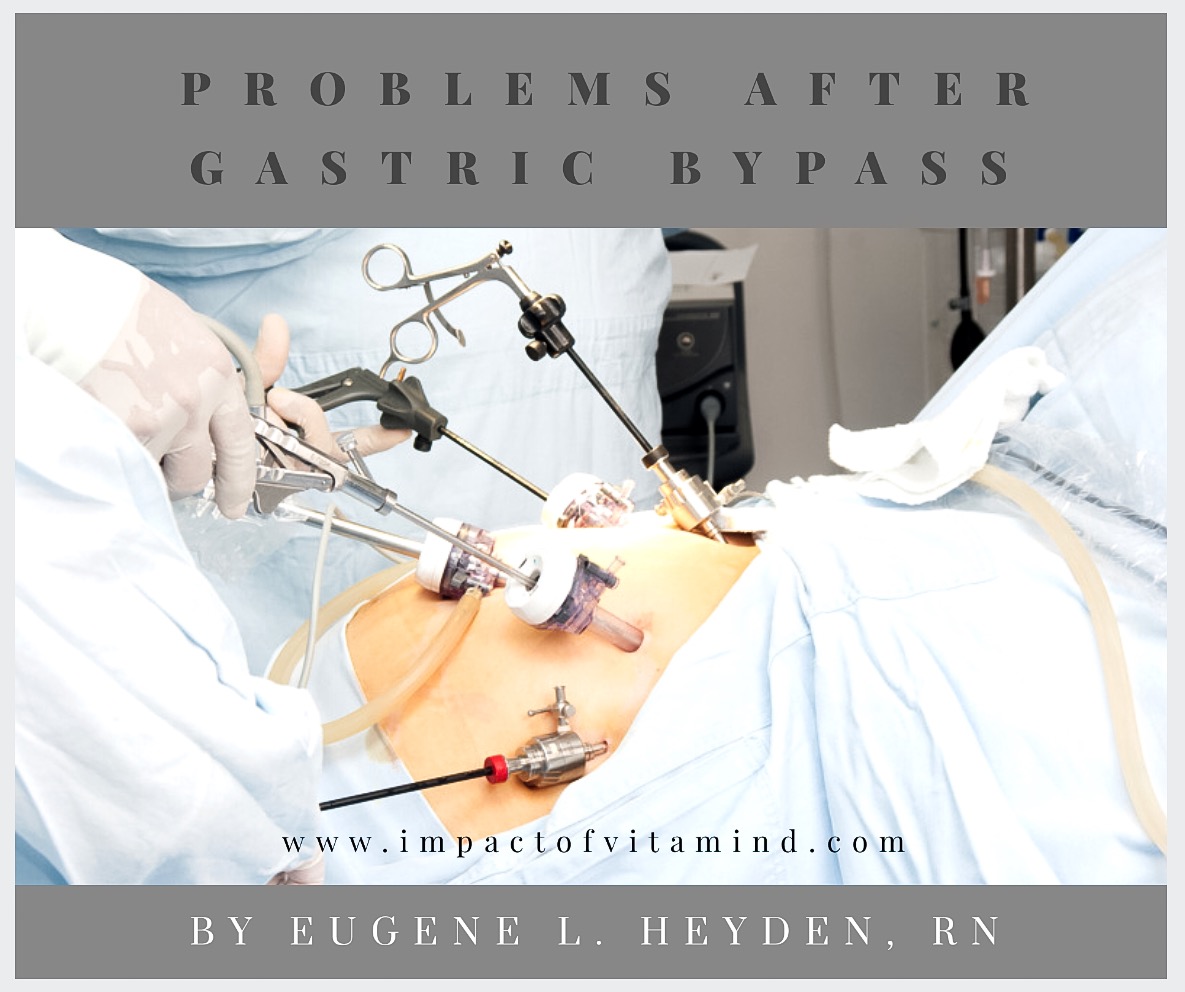Last update: 08-31-22
By Eugene L. Heyden, RN
Let’s hope you never find yourself in this kind of trouble. This is the story of a most unfortunate lady, age 64. We’ll call her Julie.
Julie had undergone gastric bypass at age 58 and had lost 100 pounds yet remained severely obese. Subsequently, she presented in clinic with diffuse muscle and bone pain, pain she had experienced for several years and varied in intensity from day to day. Her pain was especially pronounced in her rib cage. All of this was very concerning as she was diagnosed with breast cancer one year after her gastric bypass and underwent a modified radical mastectomy. The worry now was that her pain was from metastatic cancer to the bone. “A bone scan, obtained because of concern about metastatic malignancy, revealed areas of increased activity in the right hip, the right inferior pubic ramus, and multiple left ribs, interpreted as consistent with metastases.” Also worrisome was an elevated alkaline phosphatase of 231 (normal range is 39–117), an elevation that can occur with a serious, active disease process involving the bone.
Fortunately, things would change for this lady and fears would subside. Appropriate labs were drawn and most informative. According to the results, her vitamin D level was found to be “undetectable” and her PTH level was significantly elevated, presumably in response to vitamin D deficiency. She was started on high-dose vitamin D along with calcium supplementation. After three months of treatment, the rib pain resolved and remained resolved when reevaluated four months later. Interestingly, the resolution of her rib pain occurred even though her vitamin D status still remained low at 15 ng/ml.
Comment: Gastric bypass is a “red flag” when it comes to an individual’s vitamin D status. This surgical procedure purposefully limits the intake and absorption of food and nutrients in to promote weight loss. Accordingly, the amount of vitamin D absorbed from food sources is greatly decreased following gastric bypass. This is, undoubtedly, the reason why her vitamin D status became so severely compromised. Two things make this case noteworthy. First, she had a rapid turnaround in her symptoms following vitamin D replacement. And secondly, this case of vitamin D deficiency masqueraded as metastatic bone cancer. This individual still has health challenges to face but has been relieved of one very serious concern, the diagnosis and experience of bone cancer. Bone cancer is an extremely serious matter. But then, so is hypovitaminosis D. The reference below presents three similar case reports of vitamin D deficiency masquerading as metastatic cancer.
Reference
Khokhar JS, Brett AS, Desai A. Vitamin D deficiency masquerading as metastatic cancer: A case series. The American journal of the medical sciences. 2009 Apr 1;337(4):245-7.
Related post (Click on image to open)
DISCLAIMER: This article is offered solely for informational purposes. The information contained therein and opinions expressed should be evaluated for accuracy and validity in the context of opposing data, new information, and the views and recommendations of a qualified healthcare professional, and not to be substituted for professional judgment and guidance or to provide a reason to neglect or delay appropriate medical care for self or for others. It is the reader, and reader only, who bears the responsibility for any actions that could be construed as being a response to the information presented. The statements and opinions expressed by the author have not been reviewed or approved by the FDA or by any other authoritative body, nor is the author endorsing any product or specific therapy mentioned. This article and the opinions contained therein are offered to the reader to broaden his or her understanding of the issues discussed and to help identify options that may be suitable for the individual to pursue, on behalf of self or others, under approval and direction of a qualified physician or medical team member. All questions of a medical nature which arise from reading this article should be directed at qualified health care professional. There are no guarantees that a suggested website and internal links are safe to visit or open or are currently available.
Copyright © 2015–2024 Eugene L. Heyden, RN
All Rights Reserved

DISCLAIMER: The book excerpts and articles featured on this website are offered solely for informational purposes. The information contained therein should be evaluated for accuracy and validity in the context of opposing data, new information, and the views and recommendations of a qualified health care professional, and not to be substituted for professional judgment and guidance or to provide a reason to neglect or delay appropriate medical care for self or for others. It is the reader and reader only who bears the responsibility for any actions that could be construed as being a response to the information presented. The statements and opinions expressed by the author or authors of the information provided on this website have not been reviewed or approved by the FDA or by any other authoritative body, nor is the author endorsing any product or specific therapy mentioned. The book excerpts, articles, statements, and opinions are offered to the reader to broaden his or her understanding of the issues discussed and to help identify options that may be suitable for the individual to pursue, on behalf of self or others, under approval and direction of a qualified physician or medical team member. All questions of a medical nature which arise from the book excerpts and articles available on this website should be directed at qualified health care professional.











